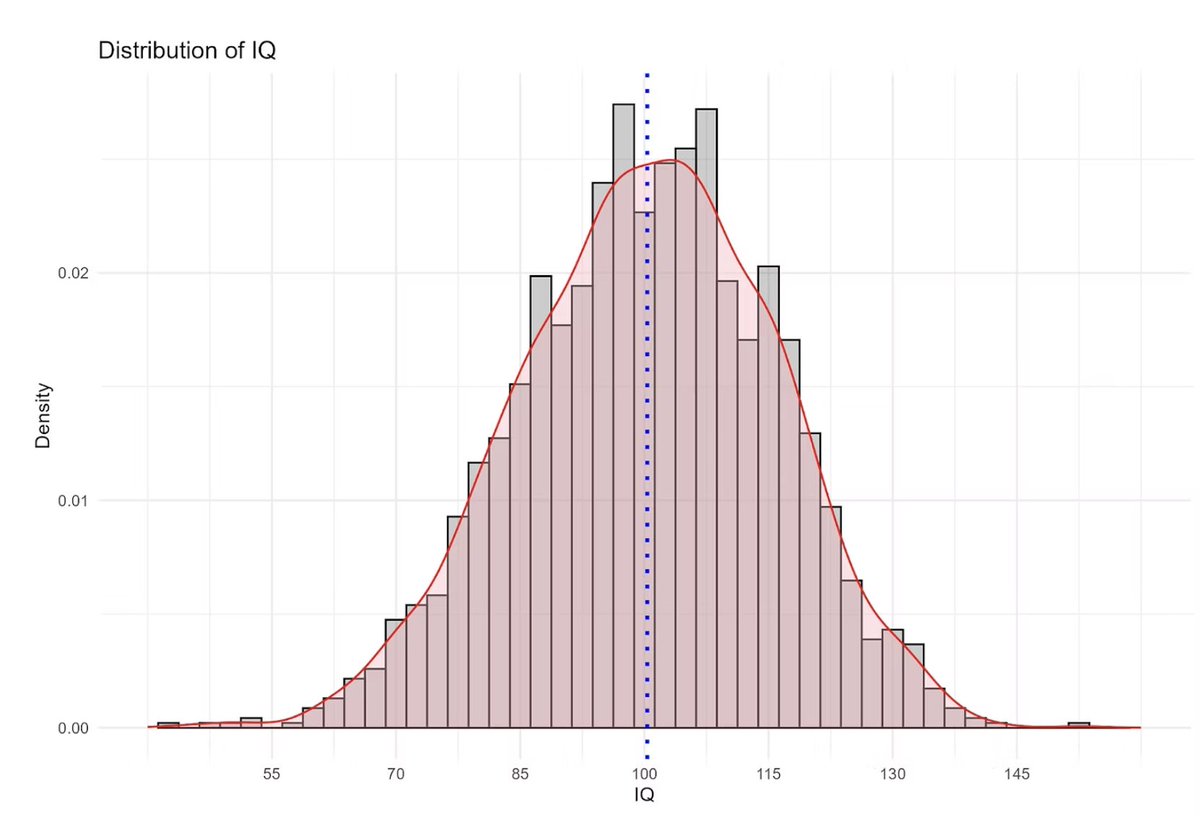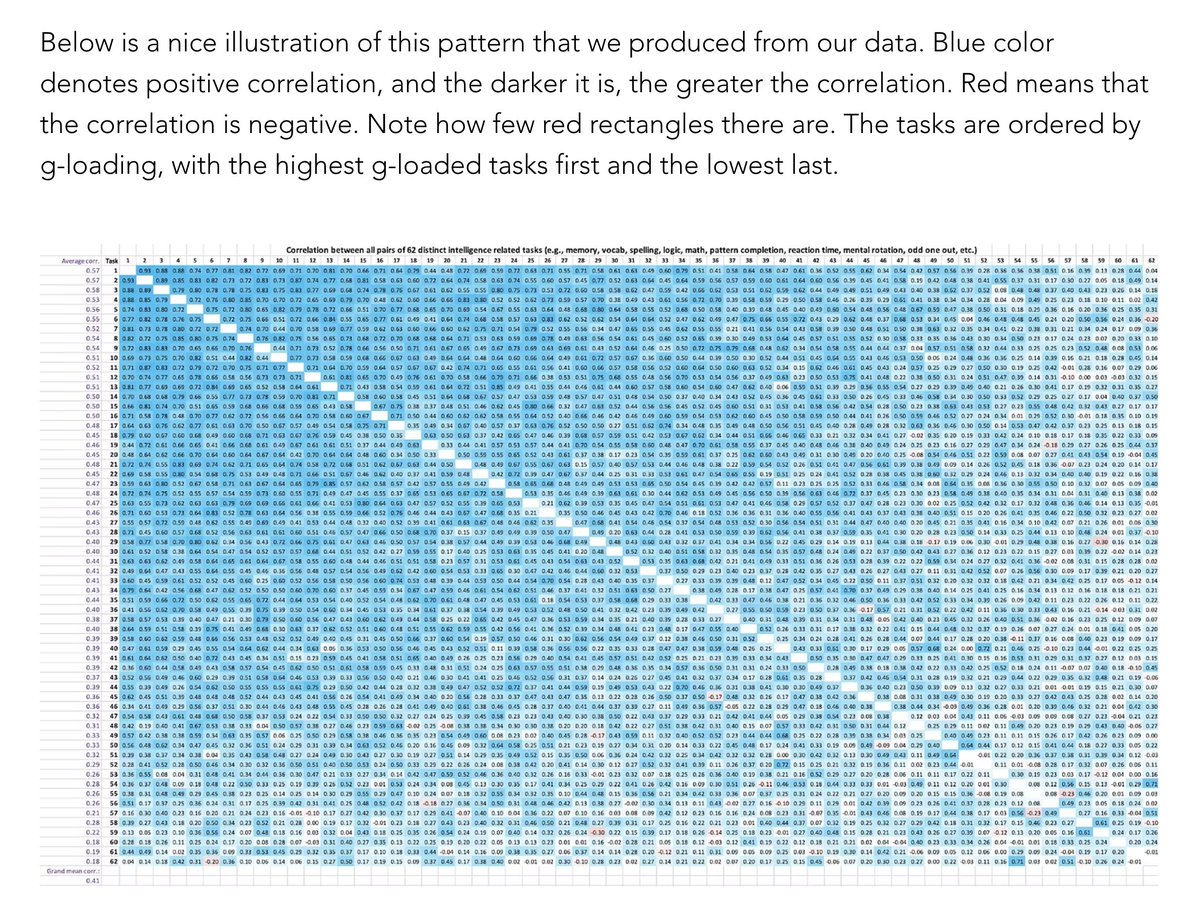What are IQ test questions that people get right at different IQ levels (e.g., 100, 110, 120, 130, etc.)? Some folks have asked me to pull up data about this from a big study we ran on intelligence. These are all very rough approximations, but here you go:
IQ question thread 🧵
IQ question thread 🧵
A question indicative of (very approximately) 135 IQ (you have to check ALL that apply to get it correct) 

Keep in mind: one cannot get an accurate IQ score just by looking at the questions above. And there is a LOT more to getting what you want in life than your score on an IQ test anyway.
—
If you found this thread interesting, I'd appreciate a follow!
You may also enjoy my newsletter (One Helpful Idea) - where I send out one idea weekly (a 30 sec read) about psychology, philosophy, or society:
bit.ly/onehelpfulidea
—
If you found this thread interesting, I'd appreciate a follow!
You may also enjoy my newsletter (One Helpful Idea) - where I send out one idea weekly (a 30 sec read) about psychology, philosophy, or society:
bit.ly/onehelpfulidea
• • •
Missing some Tweet in this thread? You can try to
force a refresh

















